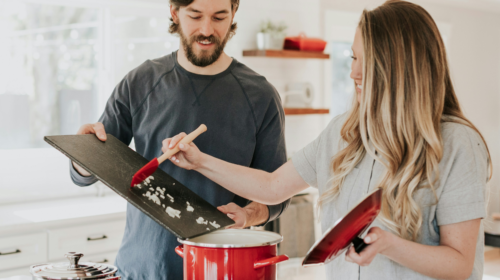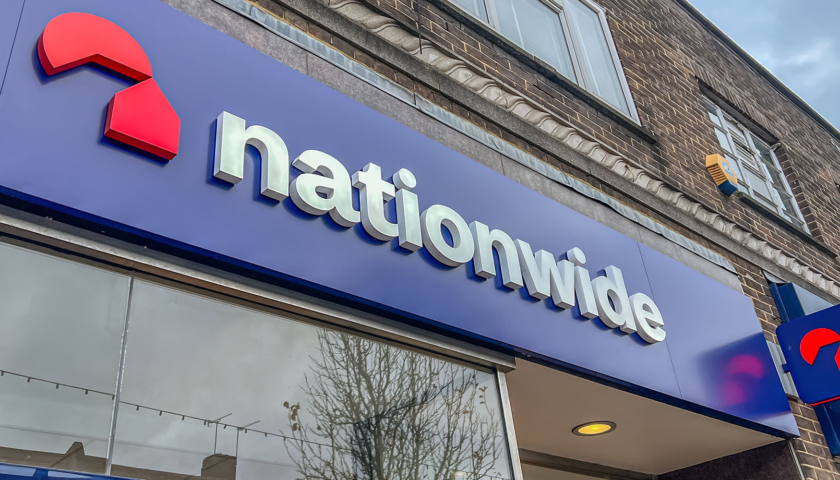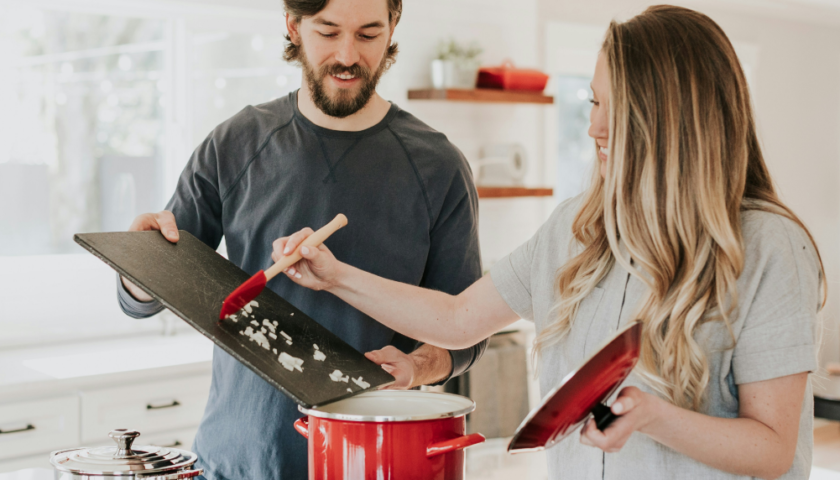Whether you are about to buy a home or looking to remortgage, you’ll know how vital it is to get the lowest interest possible on your mortgage.
Whilst this should not be the only consideration when looking for a deal, finding the best rate possible for your circumstances will help you keep your repayments as manageable as possible.
At present, interest rates are falling with experts predicting the Bank of England will slice another 0.25% off the Base Rate next week, bringing it down to 4%.
The Bank of England’s (BoE) Base Rate indicates how much it costs to borrow in the UK. When rates are low, borrowing is generally lower but when rates are high, borrowing is more costly. As such, interest rates are a good indicator of what is happening to mortgage rates.
When the Bank’s rate goes down, variable mortgage deals tend to follow in line. Borrowers who are already on fixed rates won’t see any change because they will have signed up to rate which stays the same for the duration.
But if you are about to take out a mortgage deal – either to buy a home or remortgage – the Bank of England’s Base Rate will provide you with a good indicator of what kind of rate you might be paying.
Indeed, when the Base Rate was at it’s 5.25% high, average fixed rates were also elevated with average mortgage rates hitting over 6.6% at one point.
But since the BoE began chopping rates, lenders have been cutting their fixed rate prices too. Some lenders have reduced their rates to below 4% in recent months. The Moneyfacts Average Mortgage Rate on 30 July was 5.04%.
Although some of the best rates are below 4% this doesn’t mean everyone is eligible. However, you can still select the best rate for your finances.
Terry Higgins, mortgage expert and managing director of TNHG, said: “In an ideal scenario, a good mortgage rate is one that’s lower than the current market average.
“However, what constitutes a ‘good’ rate is different for everyone. It largely depends on your individual circumstances, like your credit score, the size of your deposit, and how long you’re planning to stay in the property.”
Higgins has joined forces with Barratt Homes to provide advice on what you can do to secure the best rate possible.
- Improve your credit score
Your credit score is one of the most critical factors lenders consider when determining your mortgage rate. The higher your score, the better your chances of securing a lower rate.
Higgins said: “Start by checking your credit report for any errors or outdated information that could be pulling your score down. Pay off outstanding debts where possible and ensure you’re paying your bills on time.
“Even small changes in your credit score can make a big difference to the rate you’re offered.”
- Save for a larger deposit
A bigger deposit can help you access better interest rates by reducing the loan-to-value (LTV) ratio of your mortgage.
LTV is the percentage of the value of your home you need to borrow. Say your property was £200k and you had saved £20k of your own money – you would therefore have a 10% deposit, and your loan-to-value or LTV would be 90%.
A lower LTV is less risky for lenders, so they’re more likely to offer you a competitive rate.
“Aim to save at least 20% of the property’s value if you can” Higgins advised. “While many lenders will accept smaller deposits, the best rates are often reserved for those with a higher deposit.”
Schemes like the Own New – Rate Reducer can help make securing a mortgage more accessible for those struggling to build their deposit. The scheme contributes up to 5% of a new build property’s purchase price, reducing your mortgage rate and monthly payments for the first few years.
- Shop around and compare offers
Different lenders offer different rates, so it’s crucial to shop around. Use comparison tools and speak to a mortgage broker or adviser, who can help identify the best options for your circumstances.
Higgins said: “Take the time to compare rates from multiple lenders. An adviser can also help you access exclusive deals that aren’t always available directly to borrowers.”
- Consider the type of mortgage
The type of mortgage you choose – fixed or variable – can affect the rate you’re offered. Fixed rates provide stability, while variable rates may start lower but come with the risk of rising payments.
“Think about your financial priorities,” suggested Higgins. “If you’re looking for predictability, a fixed rate might be worth the slightly higher initial cost. If you’re comfortable with some fluctuation, a variable rate could save you money in the short term.”
- Get pre-approved
Securing pre-approval through a Mortgage in Principle can help you secure a rate and show sellers you’re a serious buyer. This also gives you a clear idea of what you can afford.
Contact one of our highly experienced mortgage advisors today on 0121 500 6316 to discuss your mortgage needs.



